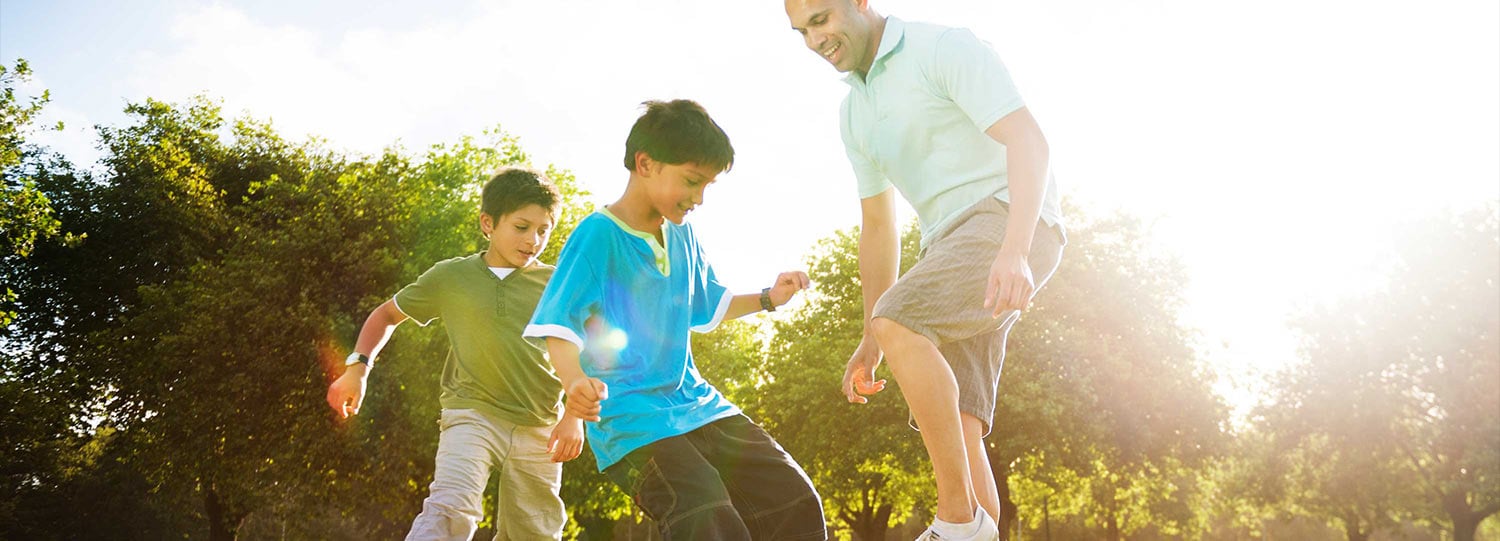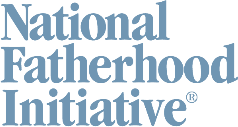Historically, mothers have been the primary caregivers of newborn babies. During the last century, fathers went from being banned from the delivery room to being encouraged to attending the births of their babies.
 In the past, care-giving skills were discouraged for little boys during their early childhood due to gender bias, i.e., playing house and dolls, thus denying them of learning about child-care like little girls do, yet when they had their first baby they were suppose to know what to do. In the past, fathering was not recognized as a contribution to children's well being. Now we know that when a child has a significant bond with their father, this bond contributes greatly to child outcomes. We need to do what we can to create an environment where less children grow up with emotionally uninvolved dads. In other words, children do better physically, emotionally and scholastically when both parents are involved in their lives.
In the past, care-giving skills were discouraged for little boys during their early childhood due to gender bias, i.e., playing house and dolls, thus denying them of learning about child-care like little girls do, yet when they had their first baby they were suppose to know what to do. In the past, fathering was not recognized as a contribution to children's well being. Now we know that when a child has a significant bond with their father, this bond contributes greatly to child outcomes. We need to do what we can to create an environment where less children grow up with emotionally uninvolved dads. In other words, children do better physically, emotionally and scholastically when both parents are involved in their lives.
Why I decided to focus this research on fathers
- During the last 100 years research on attachment and bonding focused exclusively on mothers and babies, neglecting fathers based upon the "assumption" that the baby only bonded and attached with the mother. Even though researchers are seeking to correct this, they are going about it the wrong way. Researchers concluded that fathers may not attach to their children the same as mothers based upon a test (Ainsworth Anxiety Test) they were using that was developed on mothers and toddlers nearly a hundred years ago. This is important because traditionally fathers did not have the same access to their babies after birth as those mothers did and were not afforded the opportunity to be with their babies to bond right after birth. Therefore these tests results are not valid, it is not appropriate to use this test on fathers.
- Additionally, as I reviewed Infant Massage research I discovered that there were only two studies in the last 20 years that focused on Fathers Massaging their babies. This lapse is important because it affords fathers an intense experience of bonding with their babies' right after birth.
- While completing this research I realized how fathering or lack of fathering had impacted my own life and that of my children. My own father was not allowed in the birth room when I was born, it was an Army Hospital. The Military would do well to delay deployment of parents until their babies are older to support bonding and attachment.
- I raised my own three children as a single mother and the impact on my children of being fatherless increased the challenges of raising children alone. Juggling a family, work and my academic career was a juggling act. I was grateful for the men in my life who stepped up on occasion to interact with my children, men from my church, work, University and who I dated socially. I owe them my gratitude! My son is now a single parent and struggles in a society and school system that often does not understand the challenges of a father raising children alone.
What did dads in my research tell me?
Opportunity: Fathers' desired time with their babies however, felt like they were competing for time with their newborn babies. When asked what their motivation was for participating in such a study each father replied, "I don’t have a breast.” The mother of their baby was breastfeeding and according to them "a lot."
Motivation: Fathers stated they wanted to be "more involved to reduce the mother’s responsibility of caring for their infant" and so they could "bond and attach with their infant."
Soothing: Fathers also said they wanted to "soothe" their baby, to care for their baby in a way that made the baby feel better (cry less) and be more comfortable.
Bonding: Fathers said they wanted to "bond" with their babies.
Contribution: Fathers stated they "enjoyed knowing they contributed to the baby’s well-being."
Sensitivity: Fathers decided, on their own, to change the time of day and what body parts they massaged according to how they baby responded to the massage.
Competency and Pride: Fathers watched two videos of them massaging their infants and reported they were "proud of themselves and their babies." They saw how they improved in their skills over the three weeks and were delighted with their own results and the knowledge that they had a new care giving skill.
- Fathers liked knowing they had time they could spend alone with their babies.
You can find the full research results in a slide presentation here.
Each of these is a categories is an indicator of attachment and supports the finding that fathers can and do attach to their infants.
The Big Picture: Why this research is important to fathers
- It is critical fathers understand that their role as a father is just as important as the mothers' role at the very beginning of their baby's life and they contribute to the well-being of their baby’s social and emotional development.
- Fathers need to become proactive in getting time with their infants as soon as they are born. In the long term, this benefits the father, the baby and the mother.
- When a mother strokes the baby, it stimulates the neural development and the five sensory systems. Babies learn about their bodies through kinesthetic feedback, and their muscles tell their brains where their hands and feet are located and attached to the rest of their body. Massaging a baby increases the baby’s sense of self and provides an opportunity for fathers to contribute to this process.
Why Infant Massage levels the playing field
- Mothers attach (emotionally) and bond (physically) with their babies at birth through their senses of touching, hearing, seeing, tasting and smelling.
- Fathers attach and bond, however, not immediately at the time of the birth unless afforded the opportunity and access. Infant massage provides this opportunity to bond through a sensory experience for the father and the baby.
- Teaching infant massage to expectant parents provides an introduction to a critical skill set that will enhance these experiences at the time of their baby's birth BECAUSE Infant massage provides the opportunity for attachment and bonding through four of the five senses, thus intensifying the experience. (Have you had a massage?).
Why Infant Massage is important?
- Both the person doing the massage and the person receiving massage benefit. Fathers reported they felt more relaxed after massaging their babies.
- In previous studies, Mothers reported less symptoms of depression regardless of whether they massaged their own babies or watched their babies being massaged. This was a study with professionals massaging their baby. Can you imagine the impact on the mother if they watch the father of their baby massaging the baby?
- According to Scholz, & Samuels, 1992, when fathers massaged their babies, the babies initiated contact with the fathers when they came home from work. Seeking attention from the fathers made fathers feel better about interacting with their babies because the babies showed a preference for the fathers.
- Fathers who are divorced have become more involved in the lives of their babies even when they did not live with the babies when afforded time with their babies.
- Multiple researchers recently found that fathers who massaged their babies stayed involved with their babies after learning to massage their babies.
- Fathers who massage their babies become more emotionally expressive and approving of their babies.
- When either parent has the ability to calm a crying baby, their feelings of being a competent parent increases and their feelings about their baby is more approving.
What is the benefit for your baby?
- Babies sleep better and longer!
- Babies who were in the NICU who were born prematurely were sent home sooner because they gained weight quicker and did better than babies who were not massaged!
- Babies cried less and showed less symptoms of colic and stress (more relaxed)!
The many benefits of massaging infants are documented in a slide presentation from a Critical Review of the Research I conducted for my preliminary exam in 2010.
Infant massage is very cost effective and provides an opportunity for the father to bond and interact with their infant while reducing the mother's and the infant's stress. Infant Massage is a safe activity for fathers and their babies, no research to date, conducted over the last 25 years, has ever reported harmful effects of massaging babies.
In conclusion, parents are encouraged to include other siblings in the massage class, as well as, grandparents and other caregivers, so they too can soothe the baby. Massage has been shown to be beneficial for older children, children with special needs and developmental delays. Foster parents, adoptive parents, and adolescent parents also benefit from massaging their babies.
Learn more about infant massage and enjoy the many benefits for you and your baby by visiting Infant Massage USA.









